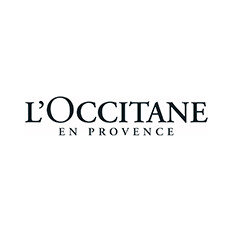L'Occitane
L'Occitane
Developing a more sustainable value chain for shea nut butter with women's cooperatives in Burkina Faso.
BCTA MEMBERSHIP STATUS
Active
SECTOR
Consumer Goods
HEADQUARTERS
France
REGION OF INITIATIVE
Africa
SDG CONTRIBUTION
RELATED NEWS
CASE STUDIES
L'OCCITANE en Provence, a leading natural ingredient-based cosmetics firm, has joined the Business Call to Action (BCtA) as it launched an environmental and social project for traditional shea butter production in Burkina Faso. The project aims to improve working conditions, encourage young women to enter the shea butter industry, and reduce the environmental impacts of processing.
Renowned for its natural ingredients luxury products, the company has been active in Burkina Faso since the early 1980s, when its founder, Olivier Baussan first discovered the properties of shea butter. Since this time, L'OCCITANE has continued to build a strong relationship focusing on development and fair trade with local communities which was strongly accelerated and developed since early 2000. Today the company is active working with unions and cooperatives representing more than 15,000 women in 10 provinces.
A key component of L'OCCITANE's commitment to the region includes plans to scale up its ongoing work with female shea butter nut pickers and processors. The company is committed to preserving the skills required to process shea butter, while also reducing the environmental impacts of the production process. In addition, L'OCCITANE is professionalizing the customary shea butter extraction process in an effort to improve women's working conditions by reducing the manual labor requirements and conserving their traditional know-how.
By 2016, L'Occitane plans to achieve 100% organic production of shea butter and establish a soap factory that allows women to develop their own processed products through a system of participatory management, providing added value and additional income generating opportunities.
The Foundation L'OCCITANE will also continue to empower women in Burkina Faso through education and entrepreneurial skills training. The company supports women in improving literacy and developing income-generating activities and small businesses through training and microcredit programs. To date, over 9,700 women have benefited from these initiatives.






